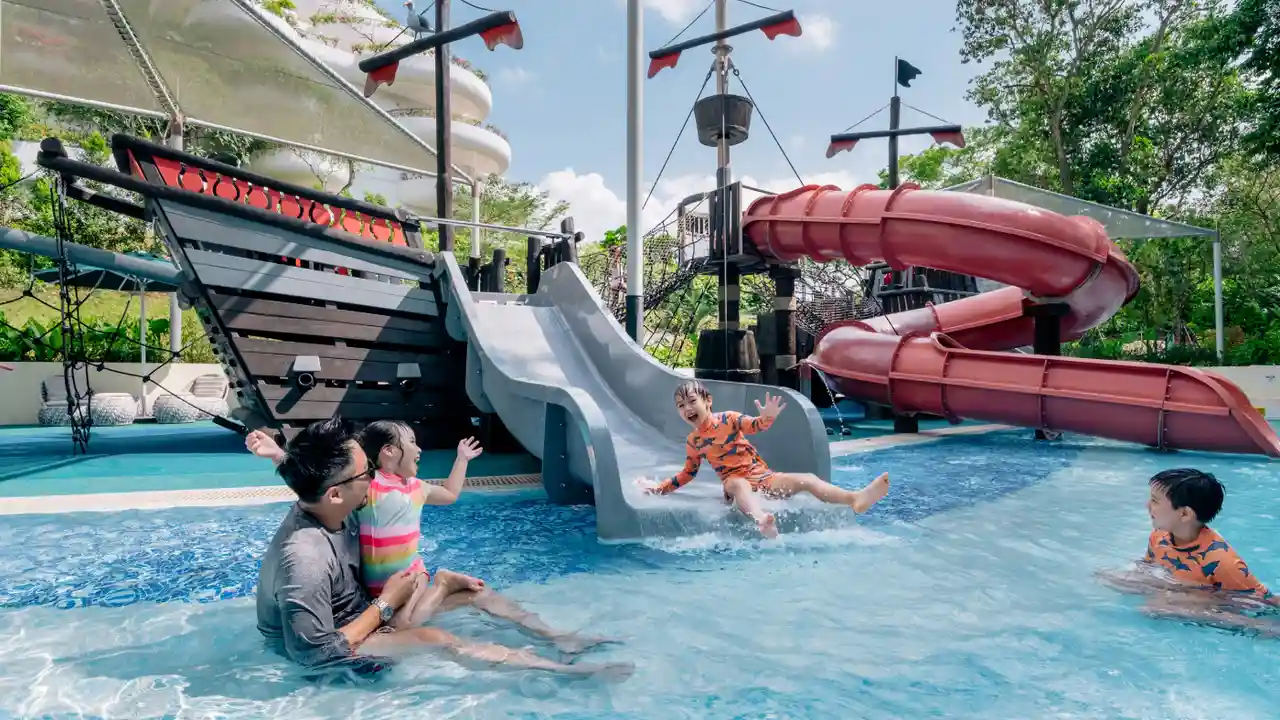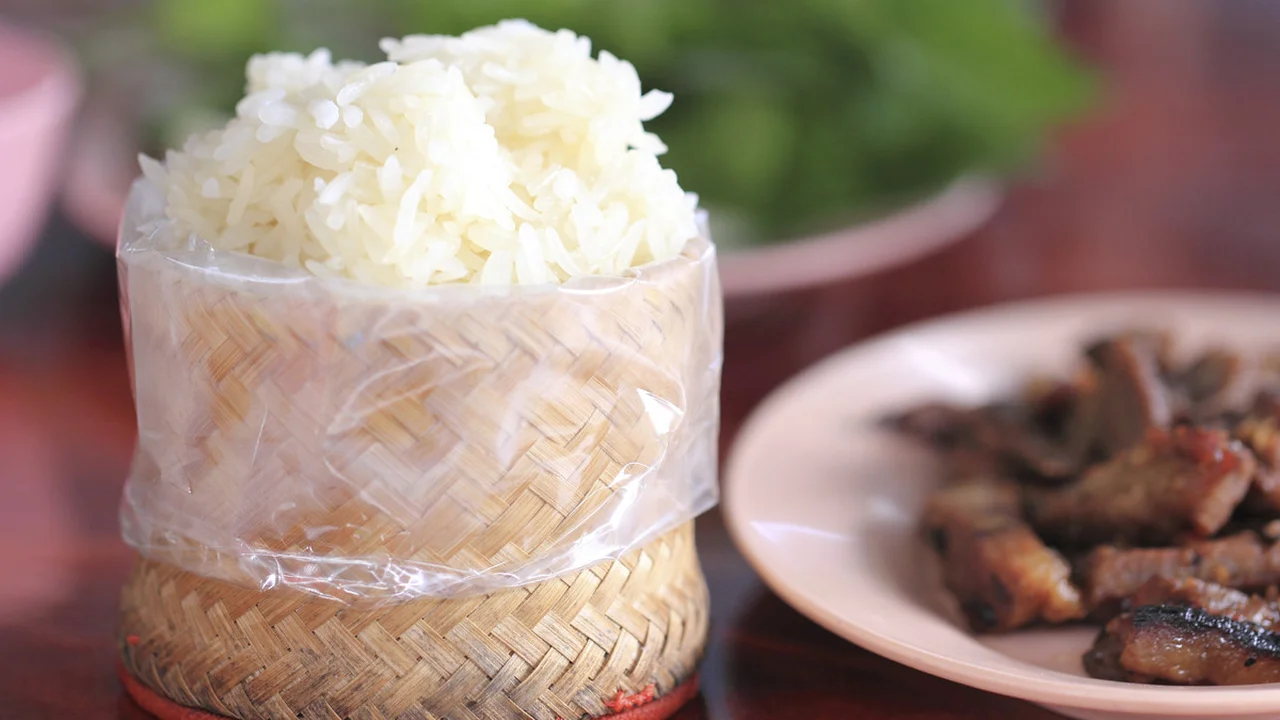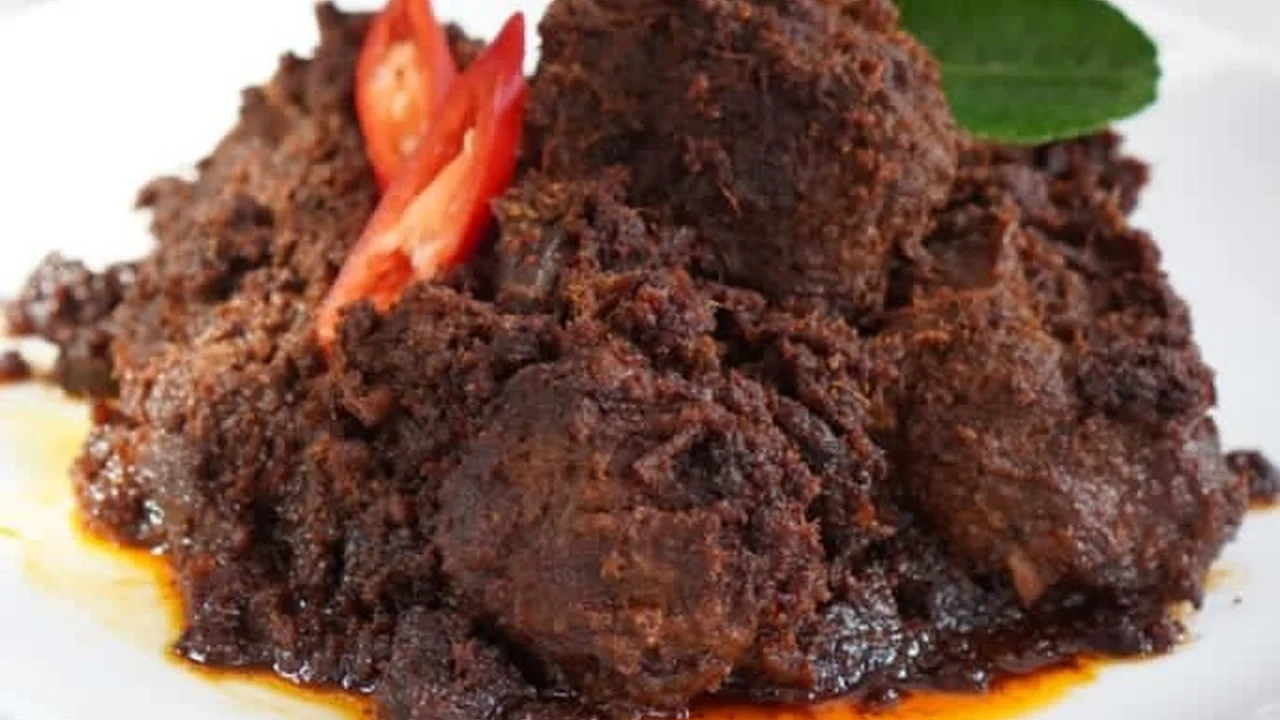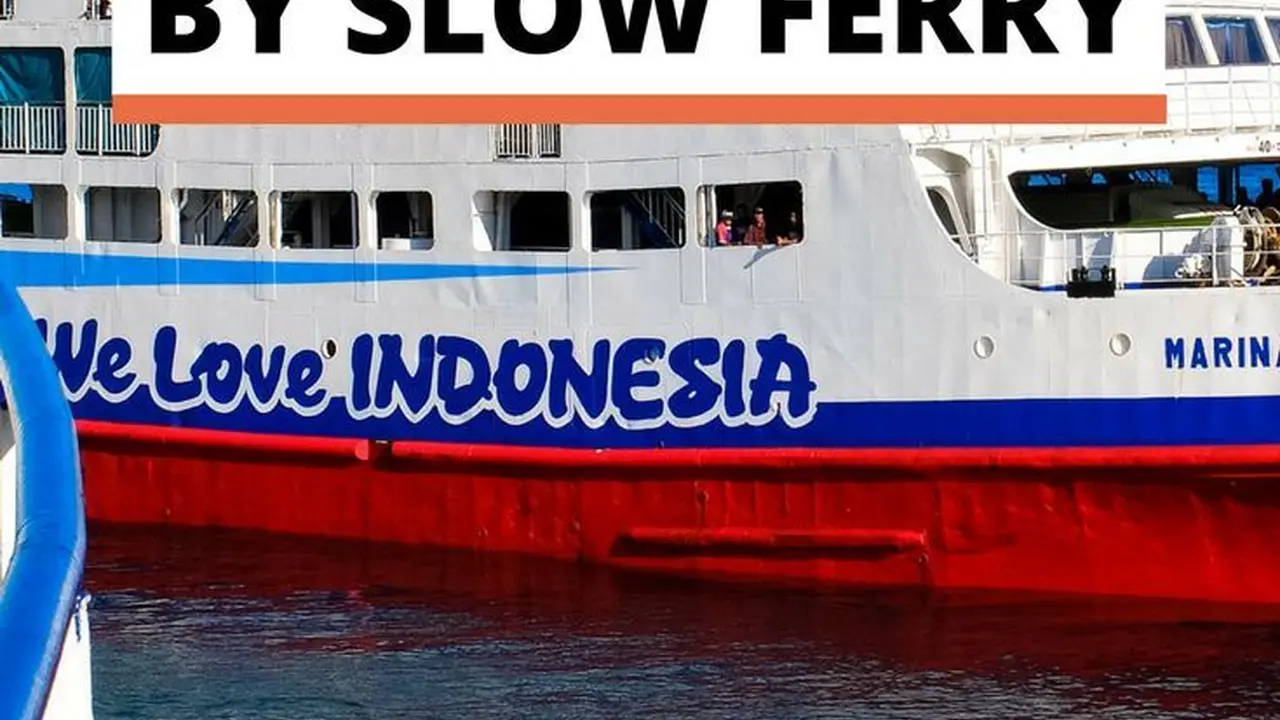Southeast Asia Vaccinations: What to Consider Before You Go
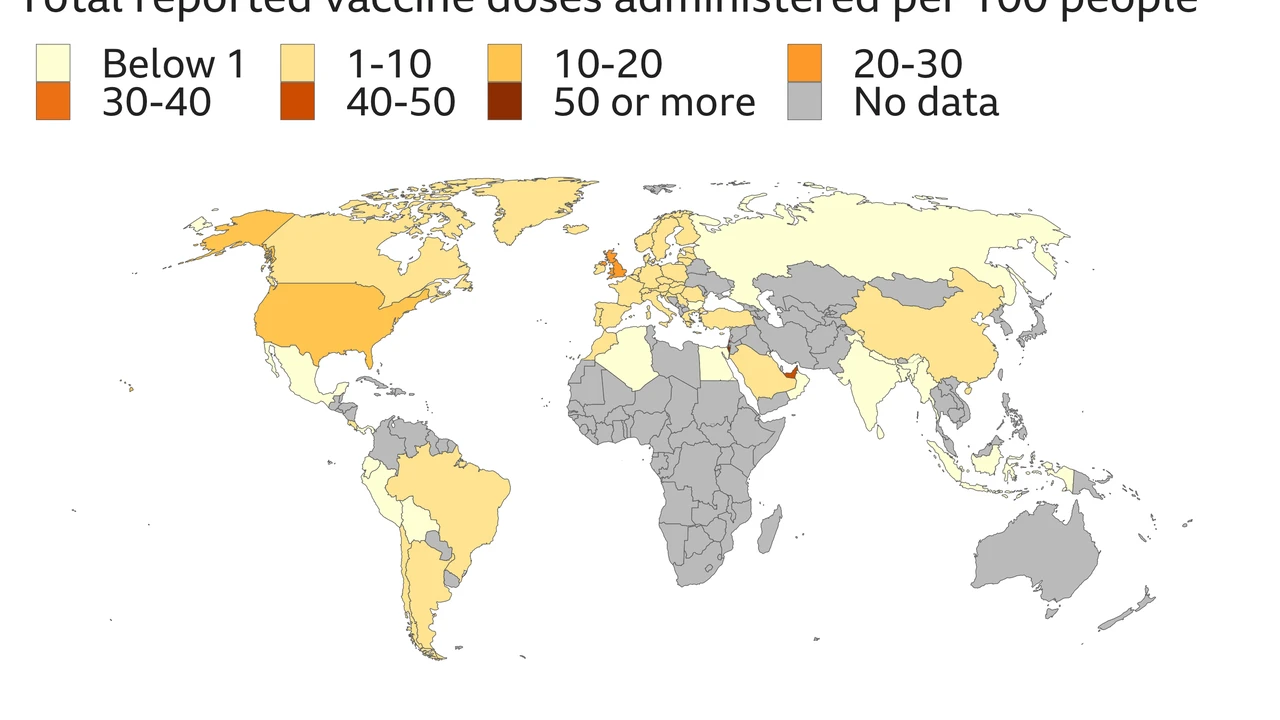
Southeast Asia Travel Vaccinations Your Pre-Trip Health Checklist
So, you're dreaming of temples in Thailand, beaches in Bali, or bustling markets in Vietnam? Southeast Asia is calling! But before you pack your bags and hop on that plane, let's talk vaccinations. Getting vaccinated isn't just about protecting yourself; it's about being a responsible traveler. Nobody wants to spend their vacation feeling sick, or worse, bringing something nasty back home. This isn't medical advice, folks, but a guide to help you start the conversation with your doctor or travel clinic. They're the pros who can give you personalized recommendations.
Essential Vaccinations for Southeast Asia Ensuring Your Health and Safety
First things first, let's cover the basics. Some vaccinations are pretty standard, regardless of where you're headed. These are often called "routine" vaccinations and you probably had them as a kid. But it's worth checking with your doctor to make sure you're up-to-date. We're talking about things like:
- Measles, Mumps, and Rubella (MMR): Important everywhere, really.
- Tetanus, Diphtheria, and Pertussis (Tdap): Tetanus is no joke, especially if you're planning on any outdoor adventures.
- Varicella (Chickenpox): If you haven't had chickenpox or the vaccine, now's the time.
- Polio: While largely eradicated, boosters might be recommended.
Beyond those, there are a few vaccinations that are often recommended specifically for Southeast Asia:
- Hepatitis A: This is a big one. It's spread through contaminated food and water, and let's face it, sometimes street food hygiene isn't exactly top-notch.
- Typhoid: Similar to Hepatitis A, typhoid is spread through contaminated food and water. Another reason to be cautious about what you eat and drink.
- Hepatitis B: Spread through blood and bodily fluids. Important if you're planning on getting any tattoos, piercings, or medical procedures while you're there. Also, consider if you might be exposed through sexual contact.
- Japanese Encephalitis: Spread by mosquitoes, primarily in rural areas. If you're spending a lot of time outside, especially in rice paddies or near livestock, this is a good one to consider.
- Rabies: If you're planning on interacting with animals, especially stray dogs or monkeys, rabies vaccination is a must. Even a small scratch can be a risk.
Malaria Prevention in Southeast Asia Choosing the Right Prophylaxis
Malaria is a serious concern in many parts of Southeast Asia. It's spread by mosquitoes, and the risk varies depending on the specific country and region you're visiting. Your doctor will help you determine if malaria prophylaxis is necessary and which type is best for you. Here are a few common options:
- Atovaquone/Proguanil (Malarone): Taken daily, starting a day or two before you travel, during your stay, and for a week after you return. Generally well-tolerated, but can be a bit pricey.
- Doxycycline: Another daily option, starting a day or two before travel, during your stay, and for four weeks after you return. Can make you more sensitive to the sun, so sunscreen is essential. Also, avoid taking it with dairy products.
- Mefloquine (Lariam): Taken weekly, starting two to three weeks before travel, during your stay, and for four weeks after you return. Can have more significant side effects, so it's not usually the first choice.
Remember, malaria prophylaxis isn't 100% effective. You still need to take precautions to avoid mosquito bites, such as using insect repellent, wearing long sleeves and pants, and sleeping under a mosquito net.
Mosquito Repellents for Southeast Asia DEET vs Picaridin Which is Best
Speaking of mosquito repellent, which one should you choose? The two most common options are DEET and Picaridin. Let's break them down:
- DEET: The gold standard for years. Effective against a wide range of insects, including mosquitoes, ticks, and fleas. Available in various concentrations, with higher concentrations offering longer protection. However, it can irritate the skin and may damage some plastics.
- Picaridin: A newer option that's gaining popularity. Just as effective as DEET, but less likely to irritate the skin and doesn't damage plastics. Also has a milder odor.
For most travelers, Picaridin is a great choice. It's effective, comfortable to wear, and won't melt your sunglasses. Look for a concentration of 20% for good protection.
Travel Health Products for Southeast Asia A Curated List of Essentials
Okay, let's talk specifics. Here are a few products I recommend packing for your trip to Southeast Asia. I'm not affiliated with any of these brands, but these are things I personally use and trust. Prices are approximate and can vary depending on where you buy them.
- Sawyer Products Premium Insect Repellent with 20% Picaridin: This stuff is great! It's effective, doesn't smell bad, and won't ruin your gear. A 4-ounce bottle costs around $10. I use it when I'm hiking, exploring temples, or just hanging out at a cafe. I usually reapply every 6-8 hours, depending on how sweaty I am. Compared to DEET sprays, it feels less sticky and doesn't have that harsh chemical smell.
- Ben's 30% DEET Tick & Insect Repellent: If you're heading into areas with a high risk of ticks (unlikely in most tourist areas of Southeast Asia, but possible if you're trekking in the jungle), DEET is still a good option. Ben's is a reliable brand. A 1.25-ounce bottle costs around $7. I use this when I'm going off the beaten path and need maximum protection. The higher concentration of DEET means it lasts longer, but it can feel a bit greasy.
- Water Purification Tablets (e.g., Aquatabs): Essential if you're planning on drinking water from questionable sources. They kill bacteria, viruses, and protozoa. A pack of 50 tablets costs around $12. I use these when I'm camping or hiking and don't have access to clean water. Just drop a tablet into a liter of water, wait 30 minutes, and you're good to go. It's a lot cheaper and more environmentally friendly than buying bottled water all the time. Compared to water filters, tablets are lightweight and easy to carry, but they don't remove sediment or improve the taste of the water.
- First Aid Kit (e.g., Adventure Medical Kits Ultralight/Watertight .7): A basic first aid kit is a must-have for any trip. This one is lightweight and waterproof, and it includes all the essentials, like bandages, antiseptic wipes, pain relievers, and diarrhea medication. It costs around $25. I've used this kit on several trips, and it's come in handy more than once. It's small enough to fit in my backpack, but it has everything I need to treat minor injuries and illnesses. Compared to building your own kit, it's more convenient and often cheaper.
- Hand Sanitizer (e.g., Purell): Keep your hands clean, especially before eating. A small bottle of Purell costs around $3. I carry this everywhere! It's a lifesaver when you don't have access to soap and water. Compared to antibacterial wipes, it's more convenient and doesn't create as much waste.
Travel Insurance for Southeast Asia Protecting Yourself from Unexpected Costs
Don't forget travel insurance! Medical care in Southeast Asia can be expensive, and you don't want to be stuck with a huge bill if you get sick or injured. Make sure your policy covers medical expenses, evacuation, and trip cancellation. Shop around and compare prices and coverage before you buy.
Timing Your Vaccinations and Doctor Visits Planning Ahead for a Healthy Trip
The most important thing is to see your doctor or travel clinic well in advance of your trip, ideally 4-6 weeks before you leave. Some vaccinations require multiple doses, and it takes time for your body to develop immunity. Your doctor can assess your individual risk factors and recommend the right vaccinations and medications for you. They'll also be able to provide you with the most up-to-date information on health risks in the specific areas you're visiting.
Staying Healthy in Southeast Asia Beyond Vaccinations Practical Tips
Vaccinations are just one piece of the puzzle. Here are a few other tips for staying healthy in Southeast Asia:
- Drink bottled or purified water: Avoid tap water, ice cubes, and drinks from questionable sources.
- Eat at reputable restaurants: Look for places that are clean and busy.
- Wash your hands frequently: Especially before eating and after using the restroom.
- Avoid contact with stray animals: Especially monkeys and dogs.
- Wear sunscreen: The sun is strong in Southeast Asia.
- Stay hydrated: Drink plenty of fluids, especially if you're active.
- Get enough sleep: Jet lag and travel can take a toll on your body.
Have an amazing and healthy trip! Remember, this information is for guidance only. Always consult with your doctor or a qualified healthcare professional for personalized medical advice.
:max_bytes(150000):strip_icc()/277019-baked-pork-chops-with-cream-of-mushroom-soup-DDMFS-beauty-4x3-BG-7505-5762b731cf30447d9cbbbbbf387beafa.jpg)



